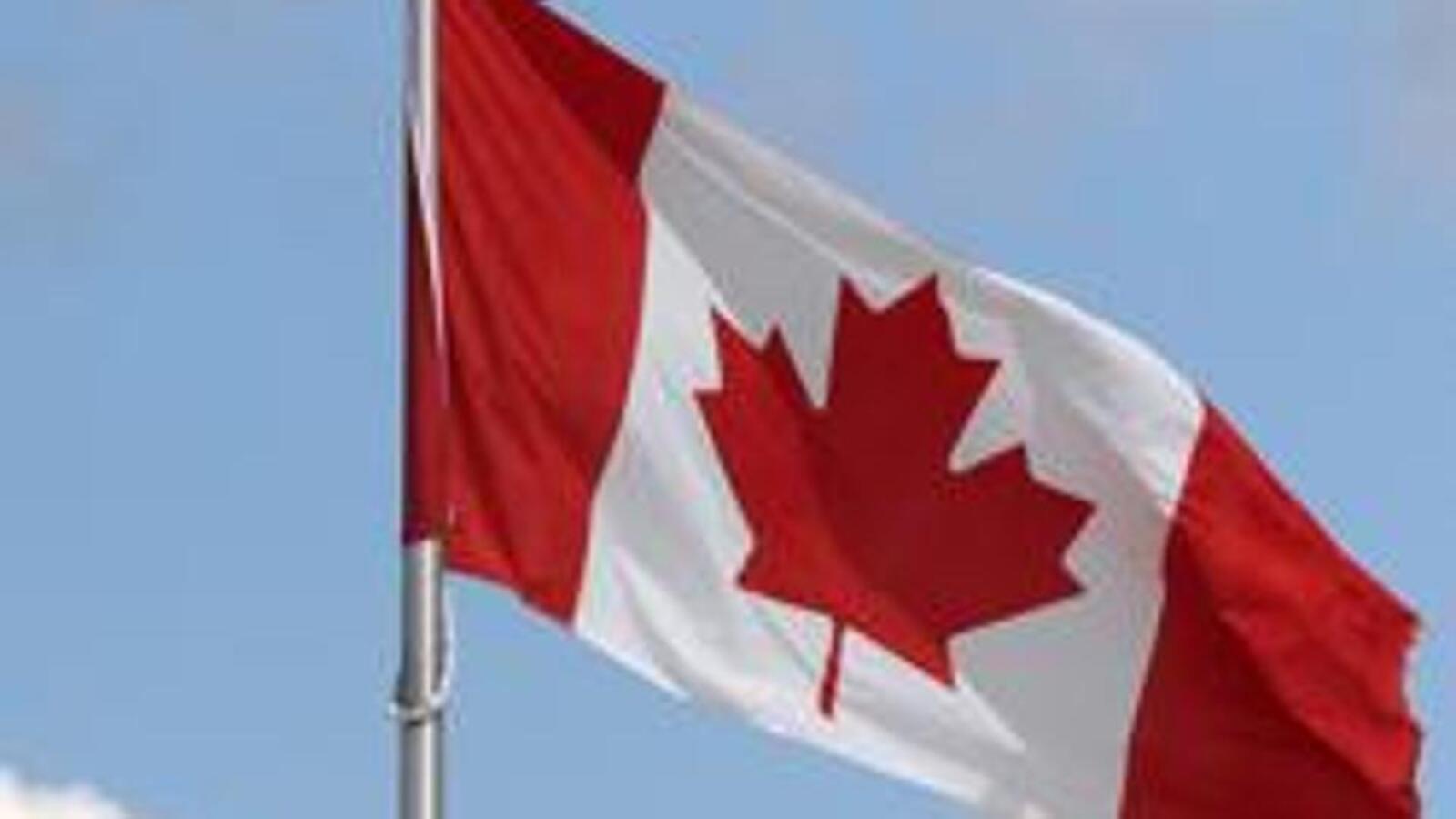Iranian president Masoud Pezeshkian on Saturday said his country was “willing to engage” in dialogue with the United States as equals, but did not clarify if Tehran would directly participate in direct talks.
“The Islamic Republic of Iran wants dialogue on equal footing,” AFP quoted Pezeshkian as saying during a meeting.
“If you want negotiations, then what is the point of threatening? Today, America is not only humiliating Iran, but also the world,” Pezeshkian added.
The Iranian president’s remarks came after US President Donald Trump on March 30, threatened Tehran with bombings and secondary tariffs if it did not come to an agreement with Washington DC over its nuclear programme.
“If they don’t make a deal, there will be bombing,” Trump said in a telephone interview with NBC.
“I think it goes faster and you understand the other side a lot better than if you go through intermediaries,” the US president argued on Thursday.
In response to Trump, Pezeshkian had said,”We don’t avoid talks; it’s the breach of promises that has caused issues for us so far. They must prove that they can build trust.”
ALSO READ: Donald Trump seriously considering Iran’s offer of indirect nuclear talks: Report
The US State Department, responding to Pezeshkian, said that “President Trump has been clear: the United States cannot allow Iran to acquire a nuclear weapon.”
West accuses Iran of seeking to acquire nuclear weapons
Western countries, led by the United States, have for decades accused Tehran of seeking to acquire nuclear weapons.
Iran rejects the allegation and maintains that its nuclear activities exist solely for civilian purposes.
On Saturday Hossein Salami, head of Islamic Revolutionary Guard Corps, the ideological arm of Iran’s military, said the country was “ready” for war.
“We are not worried about war at all. We will not be the initiators of war, but we are ready for any war,” the official IRNA news agency reported him as saying.
In 2015, Iran reached a landmark deal with the permanent members of the UN Security Council, namely the United States, France, China, Russia, and the United Kingdom, as well as Germany, to regulate its nuclear activities.
The agreement provided for sanctions relief in exchange for curbs on Iranian nuclear activities.
In 2018, during Trump’s first term in office, the United States withdrew from the agreement and reinstated sanctions.
In response, Iran rolled back on its commitments under the agreement and accelerated its nuclear programme.


